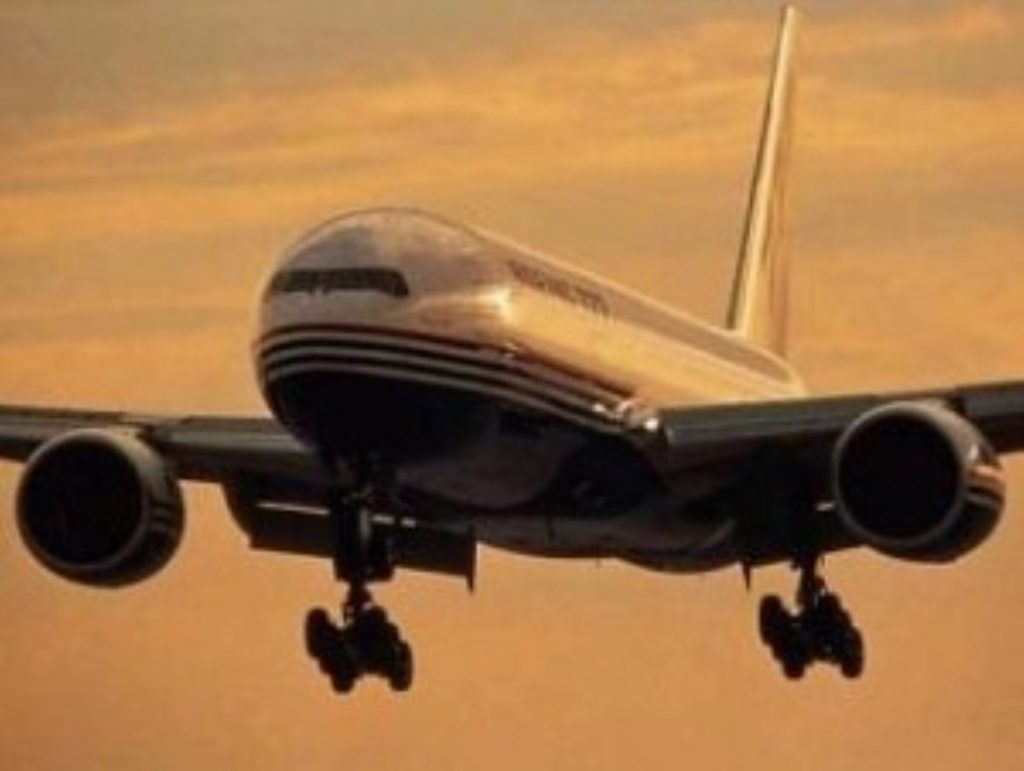Airlines could be forced to ‘pay for pollution’
Airline passengers could have to pay for the pollution caused by their choice of transport causes if proposals from an influential government advisory board are accepted.
The Commission for Integrated Transport has called for a radical shake up of the charges airlines face for environmental problems that result from flights.
The group has suggested that airlines have got off lightly from the Government’s ‘polluter pays’ policy, and that their responsibilities should be extended to congested runways and airspace, local environment, health effects, greenhouse gases and land blight.
Professor David Begg, the commission’s chair, said: “The success of the UK aviation industry is vital both to the UK economy and our way of life, but we must make sure that its contribution is a responsible and sustainable one.”


He noted that the new charges should encourage airlines to ensure that the environmental impact of aviation is “kept to a manageable minimum”.
“At the moment there is little incentive for airlines and passengers to change their behaviour,” he added.
Currently, travellers pay between £5 and £40 in Aviation Passenger Duty – a total of £800m a year.
But that is just over half of the estimated cost of the damage caused by plane emissions, notwithstanding the other environmental factors associated with flying.
The impact of aviation – particularly in terms of greenhouse gases – is increasing according to the commission, and the huge success of budget airlines has contrived to the massive increase in air travel.
Passengers at UK airports tripled in the 20 years to 2001, rising from 50 million to 162 million. And future forecasts show demand rising by between 4% and 5% a year as fare prices fall.
The commission’s recommendations include:
– auctioning landing and take-off slots in order to reduce peak-time congestion, making it more expensive to travel at popular times;
– setting noise charges based on the time of arrival and departure;
– developing an international agreement on airspace congestion charging;
– and changing flight paths in order to minimise the impact on local residents.
But the Government actually cut Air Passenger Duty in 2001 for economy-class fliers – the fastest growing market – and is likely to come under pressure from business groups as well as the airline industry not to increase costs at a time when most of the sector is still struggling.

